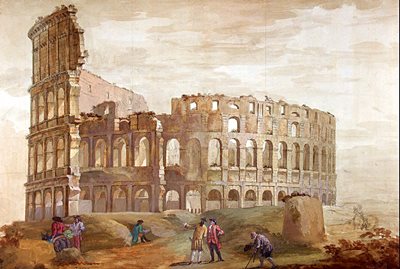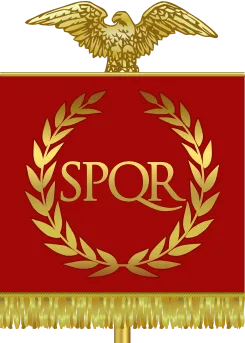|
|
| Laws |  | Necessitas non habet legem. Necessity has no law. — Latin phrase |  | Legum servi sumus ut liberi esse possimus. We are slaves of the law in order to be free. — Cicero, 106-43 BC, Roman orator & statesman |  | Lex malla, lex nulla Bad law, no law. — Saint Thomas Aquinas, 1225-1274, Italian Dominican friar & philosopher |  | Salus populi suprema lex. The welfare of the people is the ultimate law. — Cicero, 106-43 BC, Roman orator & statesman |  | Inter arma silent leges. Law stands mute in the midst of arms. — Cicero, 106-43 BC, Roman orator & statesman |  | Dura lex, sed lex. Tough law but still a law. — Latin proverb |  | Sunt superis sua jura. Even the gods have their own laws. — Ovid, 43 BC-17 AD, Roman poet |  | Ratio legis est anima legis. The reason of the law is the spirit of the law. — Latin phrase |  | Pacta sunt servanda. The agreements must be kept. — Latin phrase (Principle of Civil and International law) |  | Nullum crimen, nulla poena sine lege. No crime, no penalty without law. — Latin phrase (moral principle in criminal law) | | | |
|
|
| Kings |  | Rex non potest peccare. The king can do no wrong. — Latin proverb |  | Qualis rex, talis grex. Like king, like people. — Latin proverb |  | Ultima ratio regum. The final argument of kings. — Latin motto engraved on the cannons of Louis XIV | | | |
|
| Politics |  | Vox populi, vox dei. The voice of the people is the voice of God. — Latin phrase | | | |
|
|
| Oppression |  | Sic semper tyrannis! Thus always to tyrants! — Motto of the state of Virginia (a rallying cry against abuse of power) | | | |
|
| Fascism |  | O Tite tute Tati tibi tanta tyranne tulisti! O you tyrant, Titus Tatius, such things you made happen! — Ennius, 239-169 BC, Roman writer (Latin tongue twister) | | | |
|
| Resistance |  | Sic semper tyrannis! Thus always to tyrants! — Motto of the state of Virginia (a rallying cry against abuse of power) | | | |
|
| War & Peace |  | Si vis pacem, para bellum. If you want peace, prepare for war. — Latin phrase |  | Pecunia nervus belli. Money is the soul of war. — Cicero, 106-43 BC, Roman orator & statesman |  | Nulla salus bello. There is no security in war. — Virgil, 70-19 BC, Roman poet |  | Dulce bellum inexpertis. War is sweet to those who have never experienced it — Erasmus, 1469-1536, Dutch humanist (originally from Pindar) |  | Inter arma silent leges. Law stands mute in the midst of arms. — Cicero, 106-43 BC, Roman orator & statesman |  | Bellaque matribus detestata… War hated by mothers… — Horace, 65-8 BC, Roman poet | | | |
|
|
| Diplomacy |  | Pacta sunt servanda. The agreements must be kept. — Latin phrase (Principle of Civil and International law) | | | |
|
| Countries & Nations |  | Ubi bene, ibi patria. Homeland is where your life is good. — Latin phrase | | | |
|
|
|
|
| Questions |  | Quis, quid, ubi, quibus auxiliis, cur, quomodo, quando? Who, what, where, with what, why, how, when. — Quintilian, 35-96 AD, Roman rhetorician | | | |
|
|
| Words |  | Verba volant, scripta manent. Spoken words fly away, written words remain. — Latin phrase | | | |
|
| Language |  | Quidquid latine dictum sit, altum videtur. Anything said in Latin sounds profound. — Latin phrase | | | |
|
|
|
| Art |  | Natura, artis magistra. Nature, the mistress of art. — Latin phrase |  | Exegi monumentum aere perennius. I have made a monument more lasting than bronze. — Horace, 65-8 BC, Roman poet |  | Ars Gratia Artis. Art for art's sake. — motto of Metro-Goldwyn-Mayer (from the 19th century French slogan “l’art pour l’art”) | | | |
|
|
| Writing |  | Qui scribit, bis legit. Who writes, reads twice. — Latin phrase | | | |
|
|
|
|
|
|


